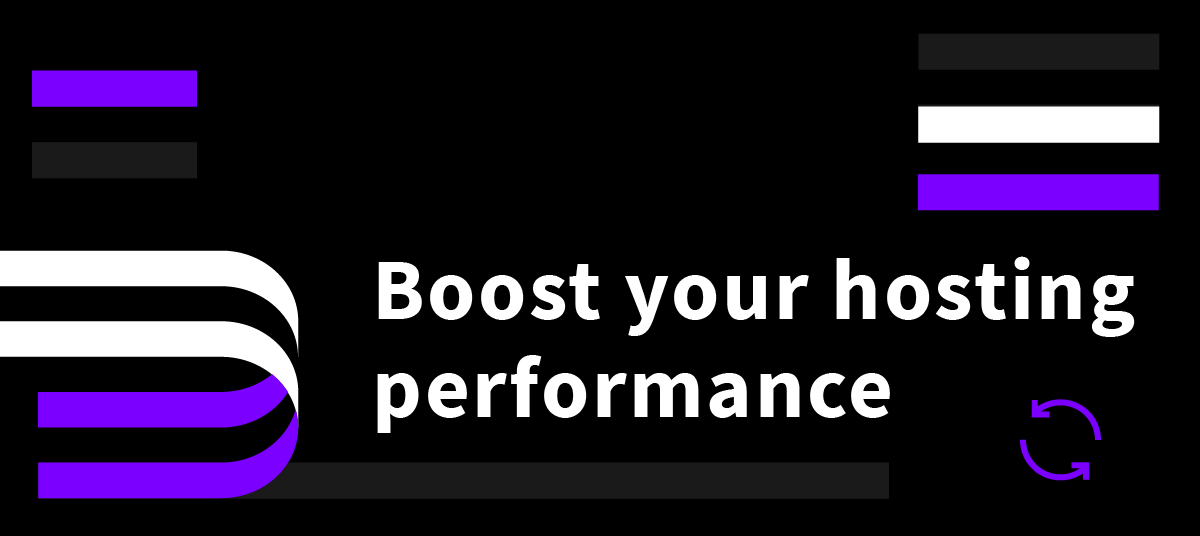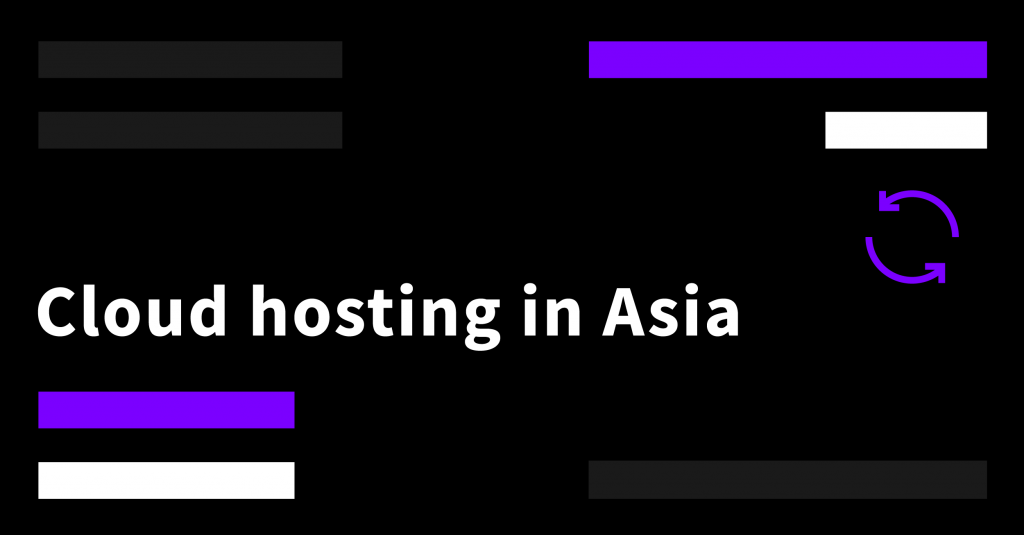When your hosting business grows, there comes a time when you should consider how to handle your server infrastructure more efficiently. You can choose to manage it on your own with the necessary personnel and knowledge resources. But leaving this to a cloud hosting company allows you and your employees to focus on your unique values instead of technical issues and hardware maintenance. Get some extra precious time to develop your brand and customer relationships further!
Let’s have a look at the critical factors of cloud infrastructure and what it can bring to your business.
Reliability and performance are key factors in hosting
Any issues that your servers may encounter directly affect the services offered to your customers. To keep your business running flawlessly, you need absolute reliability. Downtime can mean substantial money loss for both your hosting company and your clients.
UpCloud’s 100% uptime SLA provides your business with a clear advantage over competitors. Of course, there are few cases when downtime is unavoidable. In these cases, for any period of unavailability lasting longer than 5 minutes, we compensate 50 times the cost of the unavailable resources!
Thanks to our proprietary MaxIOPS storage technology, there are no compromises in the speed either. In fact, our servers are at least 2x faster than what’s standard in the cloud industry. With the latest enterprise-grade CPUs, the overall performance of a web server is greatly improved. This is thanks in equal parts to the storage technology and the computational capabilities.
“One thing we’ve noticed in particular is that some websites and applications are sometimes already up to 100% faster just by moving onto UpCloud. This provides a great stepping stone to boosting the apps and websites more than would otherwise be possible with optimization alone, up to enabling a customer’s website or application to run 4 times faster on an unchanged budget.” – Hosted Power
Security and privacy in European data centres
As UpCloud is a Finnish company located in the European Union member state, we are bound by the EU Data Protection Directive. All the data that our users enter during the account creation or usage of the service, and which identify the users, are stored in Finland. We don’t use any US-based user support tools that might require us to store data on the servers of the US-based company.
Data loss is one of the biggest threats for any company within the hosting industry. Therefore, simple and intuitive backup options are essential to maintain your business-critical data safe. There are numerous options available from setting a simple backup schedule to flexible management of multiple storage devices backups. Furthermore, the immediate snapshot backups secure your servers before making any crucial changes.
Global availability
Local server availability can significantly improve website performance. Nobody likes long loading times. The farther the data centre lies, the higher is the latency of web requests. On the other hand, reducing the distance to the end-user reduces the website load times remarkably and improves the overall user experience. On top of that, there might be geographical restrictions that prevent certain companies and institutions from running their website from a server abroad.
UpCloud already runs multiple data centres on three different continents, and we are opening ten more during 2020-2022. Your customer can then freely choose their closest data centre. Keep all your hosting services around the globe aligned and even expand to new locations without worries.
Host your business on UpCloud
UpCloud offers cloud servers with one of the best price vs performance ratios in the industry. We help companies around the world to elevate their services to be at the forefront of hosting. Among our satisfied customers are providers such as XXL Hosting, Telia Inmics-Nebula and Timmehosting.
UpCloud also offers a powerful API enabling the ability for users with the right permissions to control UpCloud infrastructure with absolute control. This covers a wide range of capabilities from simply turning servers on and off to a complete white label solution.
These unique and compelling qualities enable hosting companies, resellers and entrepreneurs the flexibility they need to get the job done. All hosting companies with UpCloud receive a dedicated account manager so, no stone is left unturned.
Perfect hosting ecosystem with just a few clicks
Help your customers to get the maximum potential from any website or application. Get better cloud performance, more reliability and save money! Fill in the contact form and we’ll get back to you immediately.



